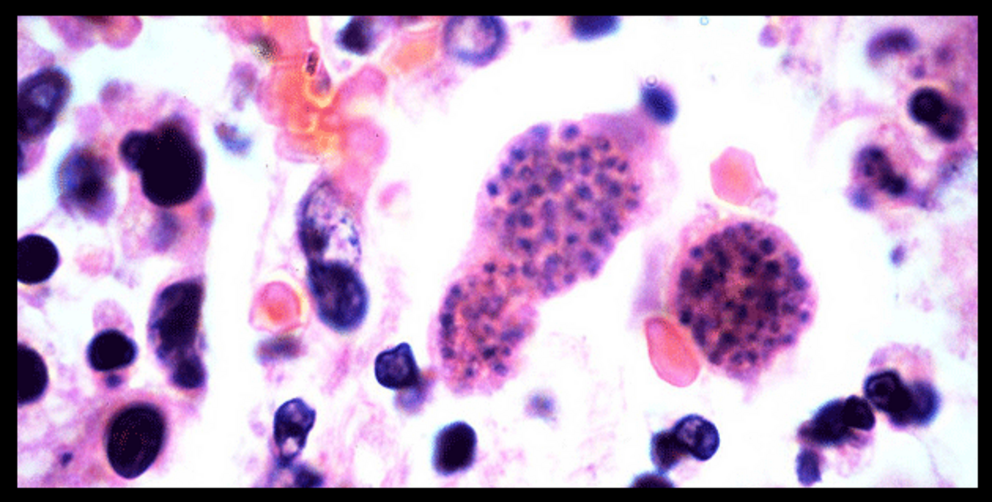Cat parasite found to cause mental illness and suicide attempts
New study associates parasite with various Neuropsychiatric and Behavioral Conditions
At the beginning of summer, health authorities in several states announced warnings against amoeba in freshwater lakes that cause a severe brain infection. A recent study highlights a parasite called Toxoplasma gondii, or T. gondii, and its association with neuropsychiatric and behavioral conditions.
Scientists from Imperial College London's London Centre for Neglected Tropical Disease Research published their study in the cell journal Trends in Parasitology. Evidence suggests that T. gondii may be an underestimated threat to the world.
T. gondii is a protozoan parasite that invades a host's tissues and cells. The single-celled organism was previously associated with congenital toxoplasmosis, which affects people with a weak immune system. However, the researchers present piling evidence that the parasite is related to an even broader range of neuropsychiatric disorders.
According to the Centers for Disease Control and Prevention, the known host of the parasite are cats who expel T.gondii in their feces. Humans can get infected from exposure to the feline waste, contaminated food or water, or consuming infected wild game.
For the rest of this article please go to source link below.
Video can be accessed at source link below.

